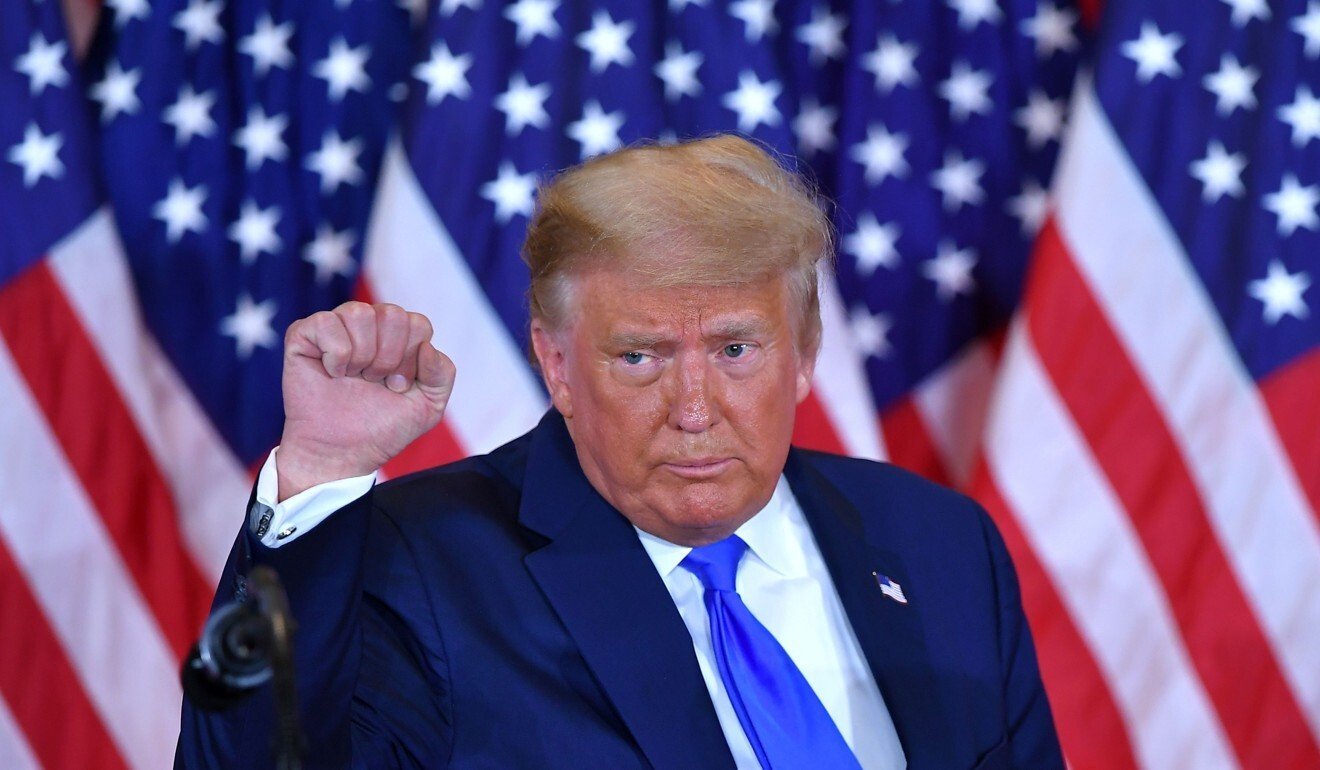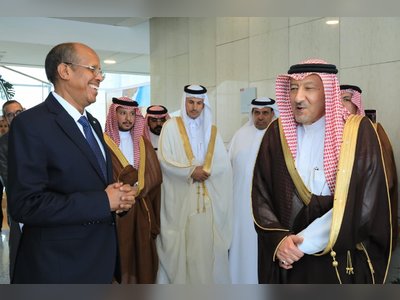
Biden’s America needs to learn from the world, not vice versa
After the global elation following Joe Biden’s victory in the US presidential election, the world seems to be in a disjointed place. On the one hand, the air is pregnant with expectations that a new dawn is approaching. America will once again be a calm, stable and rational actor in international affairs.
On the other hand, there is also a growing realisation that Biden’s hands are tied. Donald Trump is gone. But as Martin Wolf writes, “the chances of a comeback for Trumpism, even Mr Trump himself, are good.” He sadly concludes, “[Biden’s] presidency might end up as a disappointing interlude.”
Yet, before we descend once again into doom and gloom, let us pause and ask ourselves whether it is possible for Biden to succeed.
The answer, as Barack Obama would say, is “Yes, we can.” Yet, this “can” will only be possible if America does a realistic self-analysis of its current strengths and weaknesses and realises that it has to make some fundamental U-turns, as I document in my book Has China Won?
The first fundamental U-turn is from the “End of History” moment. With clear hindsight, we can see that this moment, flush with arrogance and hubris, generated a huge blindness to the real “hard truth” of that time: “the return of history”.
With Asian economies, especially China’s , regaining their competence and competitiveness, a fundamental transformation had affected America. It had gone from being a “price maker” to a “price taker”. Indeed, the surge of Japan in the 1970s and 1980s should have provided a wake-up call that the American economy needed a “structural adjustment programme” (to use IMF lingo).
Yet, the all-powerful America could use its geopolitical muscles to restrain competition from Japan, a dependent ally. No such geopolitical muscle can restrain Chinese competition.
But all is not lost. The American economy remains dynamic and competitive. However, instead of a laissez-faire belief that markets will naturally make American workers more competitive, major worker retraining programmes are necessary. Biden can make this his number one priority.
To achieve this, America needs to make a second fundamental U-turn from the deeply embedded Reaganesque belief that “government is not the solution to our problem, government is the problem”.
The big message that East Asia is sending to the world, through its competent management of Covid-19, is that the phrase “good government” is not an oxymoron.

Indeed, as America is trying to navigate its way through a difficult historical moment, where it faces the realistic historic possibility of becoming the number two economy in the world, it needs to populate its civil service ranks with thoughtful, highly motivated people, not the demoralised crew that Trump is leaving behind.
Many Americans have seen the need for this. As vice-president, Al Gore tried to launch the “Reinventing Government” campaign. Sadly, in the 1990s, America was still flush with “End of History” arrogance and the Reaganesque antipathy to government.
The second big U-turn Biden can make is to mention the unmentionables: America today needs “good government”. Just as the Meiji restoration delivered extraordinary performance to the Japanese economy by sending young Japanese to learn best practices of good governance from all over the world, America can do the same.
In short, with humility instead of hubris, America can learn from the world.
However, to begin this learning journey America needs to make another fundamental U-turn. It has to ignore the conventional advice given by the “thinking industry” in Washington.
This huge “thinking industry” works with one overarching assumption: the rest of the world will have to make fundamental adjustments to American power and influence. The all-powerful America need not adjust or adapt. Anyone who doubts this prevailing assumption should read the writings of Professor Stephen Walt on “Liberal hegemony”.
As he says, clearly and frankly, “today’s foreign policy elite is a dysfunctional caste of privileged insiders who are frequently disdainful of alternative perspectives …” This disdain of alternative perspectives means that the “thinking industry” of Washington will prevent the Biden administration from making sensible and pragmatic U-turns.
Here are three examples. America should stop fighting wars in the Middle East. It should significantly reduce its defence budget. And it should cut down its nuclear stockpile from 6,000 to 3,000, to make it only 10 times larger than that of China.
In short, to put it simply, there are powerful vested interests and, more insidiously, vested thinking that will prevent the Biden Administration from making U-turns.
Yet, if we want the Biden Administration to be more than a pleasant interlude between two Trump or Trump-like terms, such U-turns are absolutely necessary.
This is where Biden’s age may be a massive advantage. He has no further ambitions to aspire to. What can he lose by making fundamental U-turns?











